Our People
Our People
V&W is building a network of on-the-ground organizations, domain-experts and funders devoted to helping you create, test and share climate adaptation strategies that work for your community and ecosystem.
Because our model is to amplify and work through established organizations, we keep our staff as small as possible to minimize competing for funds that might otherwise serve our partners. We also maintain a board with the fewest number of officers necessary, which affords executive meetings with minimal planning but quick decisions. That said, we rely on a network of advisors, too large to list here, to inform our work. We are particularly grateful to a growing Advisory Council that represents a diversity of fields (e.g., ecology, human health, landscape architecture, climate change research) that can advance the microhabitat movement and other emerging climate adaptations.
Team

Tom Chase Founder/Executive Director
Born and raised on Martha’s Vineyard into a family with multigenerational roots, Tom Chase began working in the conservation field as a volunteer as soon as he got his driver’s license in 1970. With a masters of science from the Quaternary Institute at the University of Maine, Tom has worked in virtually every branch of the conservation field – from educational interpretation, to strategic planning and leadership development, to developing partnerships with leading institutions. His professional and popular publications reflect his eclectic interests in nature, including archaeology, avian genetics, botany, history, paleoecology, shorebirds, spiders and wildlife management. Tom has held positions with the Sheriff’s Meadow Foundation, The Trustees of Reservations and The Nature Conservancy and served on the board of the Vineyard Conservation Society, BiodiversityWorks, Revive and Restore, the selection committee of the Martha’s Vineyard Vision Fellowship, and numerous community-based task forces. You can connect with Tom at to*@******************ss.org Read more

Tripti Thomas-Travers Program Director, Microhabitat Accelerator
Tripti's love of nature, birds and plants in particular, has been a consistent theme starting with her childhood in India and continuing to her life now in Newton, MA. After realizing that her own beloved home garden was an ecological desert, she committed to getting speedily re-educated, earning two certificates in Native Plants and Horticulture and Design in a year at the Native Plant Trust, where she now serves on the Council. She has dedicated herself to the microhabitat movement, working on converting her own garden plant-by-plant and helping others do so at a larger scale through Village & Wilderness and other efforts. Tripti comes to this work after adventures in many fields from international economic development at the World Bank, UNDP and World of Good (a fair-trade start-up), to being a professional artist, a blogger on children’s books, a writer for non-profits, and developing an expertise in corporate culture. Her most recent adventure involved transforming the core values and evaluation rubric of a Fortune 500 company. Throughout it all, the common thread has been a commitment to mission-driven work. Tripti has an AB in International Affairs and Art from Lafayette College, and a Masters in Public Policy from the Harvard Kennedy School. You can connect with her at tr****@******************ss.org. Read more
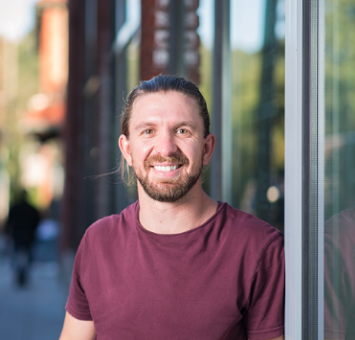
Tony Beranek Digital Strategist
Born and raised on the lakes in Michigan, Tony quickly fell in love with being on the water and all things outdoors. His love for fly fishing and hiking has brought him around the world. To continue his love for exploration and travel, he learned how to help organizations develop digital strategies to reach more people and amplify their message. Read more
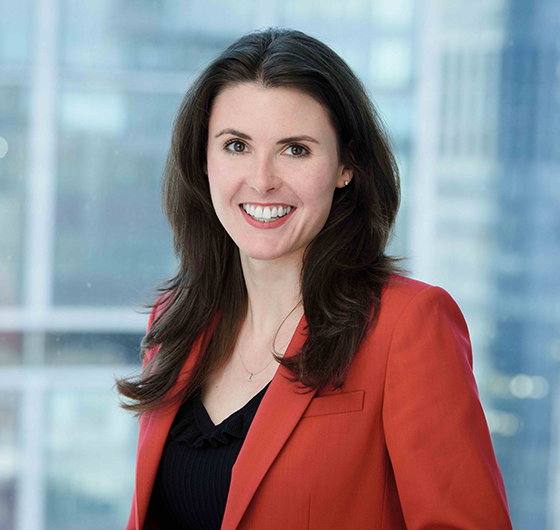
Lauren Koster Legal Counsel
Lauren is Managing Attorney at Nonprofits Counsel. She represents several tax-exempt entities, such as public charities and private foundations, on a wide range of matters. Lauren's broad experience also includes systemic advocacy on behalf of two Connecticut charter schools in an administrative and state court matter regarding special education reimbursement. Throughout her legal career, Lauren has merged various interests, ranging from litigation to transactional law, in service of the public good. She clerked in the United District Court for the District of New Hampshire and the Massachusetts Supreme Judicial Court. Lauren also received a coveted Skadden Fellowship, representing children in juvenile rights matters, including in school-based education issues and abuse and neglect and other civil petitions in the Massachusetts Juvenile Courts. Prior to law school, Lauren was a public school teacher and education policy advocate in Connecticut. She has worked with many nonprofit entities throughout her entire career. Read more
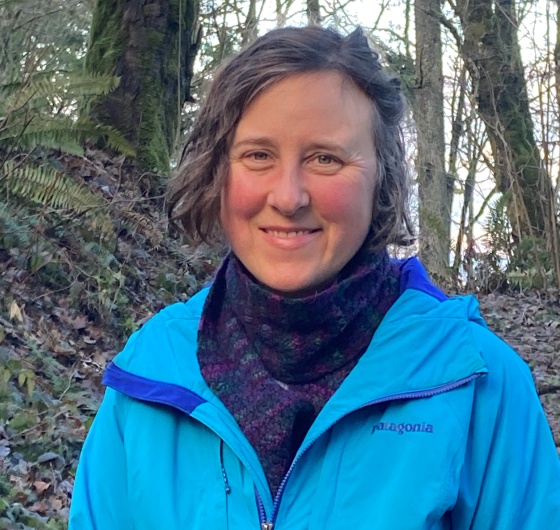
Antonya Pickard Project Consultant
Antonya (Anya) grew up in a bird watching family and this eventually led to a love of plants and a curiosity about habitats. Moving to Portland, Oregon in 1998 felt like coming home, but with so much to explore: mountains, coastline, and the high desert! Always an artistic person, she completed a BS in Apparel Design in Portland. While working in the outdoor apparel industry, she later earned an MBA focused on Sustainable Business. She became more and more interested in native plants and redirected her design skills to gardens and also joined the Backyard Habitat Certification Program. In 10 years with the program, she visited nearly 1,500 yards both inspiring and being inspired by individuals' commitments to sustainable gardening practices to build wildlife habitat. This work became a passion and she’s thrilled to join the Village and Wilderness team to continue supporting the natural world and to help people transform and connect with outdoor spaces in a sustainable way. Read more
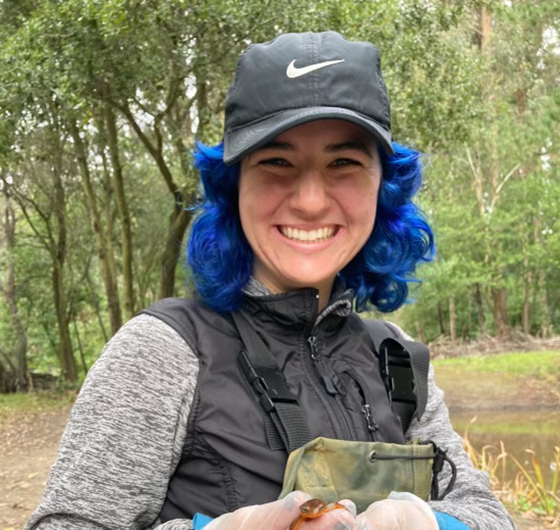
Alex Boren Project Consultant
Born and raised in San Diego, Alex grew up climbing trees and exploring the coastline, fostering an early appreciation for the natural world. This love for nature evolved into a commitment to conservation during her time as an environmental science major at UC Berkeley, where she worked in multiple conservation-focused labs. from monitoring amphibian populations to studying the transmission of tree diseases. As president of the Student Association for Environmental Justice and Health Equity, she led initiatives to restore and maintain campus green spaces, furthering her passion for native plants and biodiversity restoration. Alex believes in the power of the microhabitat movement and is excited to join Village and Wilderness to help expand this initiative to college campuses. Read more
Board Of Directors

Kimberly Angell Treasurer
Kim is the co-founder of Abrams + Angell, a boutique firm that coaches small businesses and nonprofits on everything from business strategy and financial planning to activism and advocacy. Kim is deeply committed to the Martha’s Vineyard community and has volunteered for a variety of organizations and programs in the last four decades, with an emphasis on financial literacy and affordable housing. In addition to being a board member and the treasurer of Village & Wilderness, Kim serves on the steering and executive committees of The Coalition to Create the Martha’s Vineyard Housing Bank, and on the advisory board for The Martha’s Vineyard Community College Consortium. Prior to Abrams + Angell, Kim was a co-founder and principal of Vineyard Tax Matters, a tax and accounting firm that served individual, business and non-profit clients in all tax-related capacities for 18 years. Read more

Matt Pelikan Clerk
A Martha's Vineyard resident since 1997, Matt is the Director of the Martha’s Vineyard Atlas of Life (MVAL) Project at BiodiversityWorks. This communitydriven project aims to document the unique biodiversity of Martha’s Vineyard while inspiring and supporting nature enthusiasts of all sorts. The MVAL's goal is an active, informed, and enthusiastic community working to understand and protect the biodiversity that today's Vineyarders hold in trust for future generations. Prior to his current role, Matt worked for the Nature Conservancy and The Trustees of Reservations on Martha's Vineyard as an ecologist and program director, studying and conserving nesting shorebirds, shellfish, and sandplain ecosystems. With an educational background in English and literature, Matt has written widely on wildlife and conservation science and worked as an editor at the American Birding Association for more than 10 years. Read more
Advisory Council

Luanne Johnson, PhD Founder & Director, BiodiversityWorks
Luanne is a wildlife biologist, and the founder and director of BiodiversityWorks. Established on Martha’s Vineyard in 2011, this innovative organization aims to promote the conservation of biodiversity through wildlife research and monitoring, while providing opportunities for people to engage in hands-on nature study. “I envisioned a collaborative organization that promoted biodiversity conservation through participation. An organization that works with conservation groups, private landowners, federal and state agencies, community members, students and scientists to ask questions and find answers together. I was fortunate to find accomplished professionals in conservation, science, and education to become board members and join me in making this vision a reality,” says Luanne. Through BiodiversityWork’s “Natural Neighbors” program, Luanne and her team partner with private property owners to create habitats for their own enjoyment and to support biodiversity by connecting fragmented habitat. Luanne has a Ph.D. in Environmental Studies/Conservation Biology from Antioch University New England, a B.S. in Zoology from Butler University, and over 30 years of experience as a conservation biologist. Read more
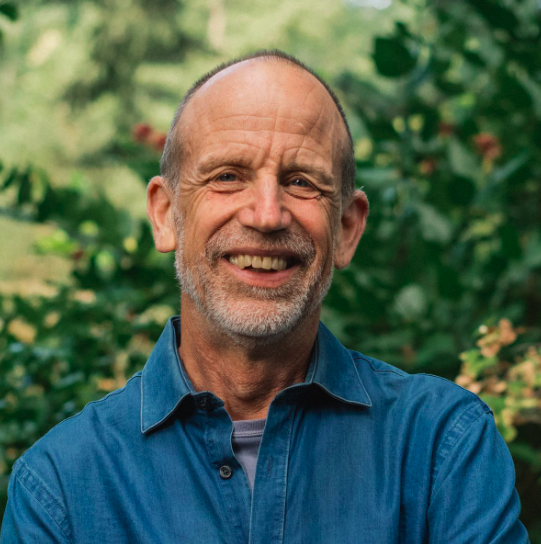
Glenn Lamb, Board Member, Land Trust Alliance
Glenn Lamb is a founding board member and the former Executive Director of the Columbia Land Trust, a group he led for over 30 years, from 1990 to early 2023. Over his tenure, the organization grew from a small group of volunteers protecting a single property, to 40 staff conserving 55,000 acres of ecologically significant land
to 40 staff conserving 55,000 acres of ecologically significant land in the Pacific Northwest. He also oversaw the expansion of the Backyard Habitat Certification Program, (jointly run by Columbia Land Trust and Portland Audubon) to include over 8000 households in the Portland and Vancouver metro areas, and is a passionate advocate for community-based microhabitat efforts.
Over the years, Glenn has served on the boards of the Land Trust Alliance, Pacific Birds Habitat Joint Venture, the Washington State Parks Foundation, Habitat Partners and the Chinook Trail Association. He was also instrumental in garnering the initial funding for the Advancing Conservation Excellence (ACE) program, which transformed the capacity and impact of the land trusts of Oregon and beyond. Glenn's commitment to conservation honors a deep and multi-generational family tradition of valuing Nature.
Among Glenn’s top goals are helping to drive culture change that centers Nature; elevating Indigenous Sovereignty and Stewardship; and encouraging and supporting new conservation leaders.
Read more

Desiree L. Narango, PhD Conservation Scientist, Vermont Center for Ecostudies
Desiree is a conservation scientist and research ecologist at the Vermont Center for Ecostudies. Her research focuses on biodiversity conservation and habitat restoration in the face of global change. She primarily studies plants, insects, and birds with a particular focus on multitrophic interactions, habitat-relationships of wildlife with specialized life histories, and mechanistic approaches to applied ecology. Much of Desiree’s work takes place in forests of all types, from naturally regenerating and preserved forests to novel ecosystems significantly altered by people, such as urban street trees, residential yards, and agroforestry. I'm happy to serve on the advisory council for Village & Wilderness because I see residential yards as an untapped opportunity to support biodiversity conservation in urban and urbanizing green spaces and engage broader communities with nature appreciation, says Desiree. Before joining VCE, Desiree was a David H. Smith Conservation Research Fellow at the University of Massachusetts, Amherst, and a postdoctoral fellow at City University of New York. She has a Ph.D. in Entomology and Wildlife Ecology from the University of Delaware, an MS in Natural Resources from Ohio State University, and a BS in Environmental Biology from SUNY. Read more

Christopher Neill, PhD Senior Scientist, Woodwell Climate Research Center
As a Senior Scientist at the Woodwell Climate Research Center in Falmouth, MA, Chris's research interests broadly encompass how changes in land use, such as increased agriculture or residential development, impact ecosystem function and the restoration of impaired ecosystems. He works primarily in the Amazon rainforest and the coastal regions of Massachusetts. His work is highly collaborative and engages a diverse array of partners. He works with the Buzzards Bay Coalition on monitoring the impacts of nutrient pollution in coastal waters, and Native Plant Trust on backyard biodiversity. His work on the impacts of restoring cranberry bogs to natural habitat involves state and federal agencies, the Town of Falmouth and Coonamessett River Trust. He is also part of a coastal grasslands restoration initiative involving The Nature Conservancy, The Trustees of Reservations, Cape Cod National Seashore, the Nantucket Conservation Foundation and the Massachusetts Natural Heritage and Endangered Species Program, as well as private landowners. Prior to Woodwell Climate, Chris spent 4 years as Director of the Ecosystems Center at the Marine Biological Laboratory, where he was a scientist from 1996-2016 and retains a position as an Adjunct Scientist. Chris is dedicated to giving ecology a voice in public discourse, and, as such, is a presence in both scientific and popular media. Read more
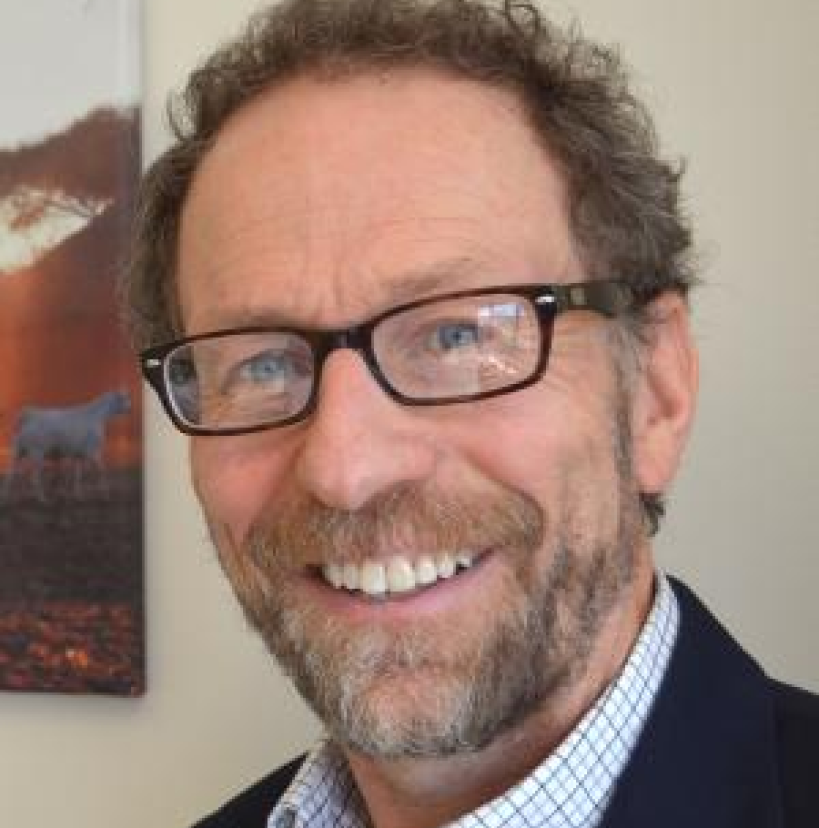
Peter Rabinowitz, MD MPH, Professor, Departments of Environmental and Occupational Health Sciences, Global Health, and Family Medicine, University of Washington
Peter is the Director of the UW Center for One Health Research at the University of Washington. The Center for One Health Research explores linkages between human, animal and environmental health in a “One Health” paradigm, including: zoonotic infectious diseases at the human-animal
interface, animals as “sentinels” of environmental health hazards and clinical collaboration between human and animal health care providers in a species-spanning approach. Peter’s research and clinical focus is the area of zoonotic and vector-borne infectious diseases
that are transmitted between animals, humans, and the environment. Current research includes studies examining the role of landscape use and change as well as climate change, biodiversity loss, and agricultural intensification on the risk of emerging zoonotic viral infections. He has been a visiting scientist at the Global Influenza Program of the World Health Organization and in the Animal Health Division of the UN Food and Agriculture Organization. He has an MD from the University of Washington, an MPH from Yale University, and a BA from Amherst College.
Peter brings a valuable and unique perspective to the microhabitat movement as it seeks to
restore ecosystem function to the fragmented and human-dominated landscape, thereby
increasing interactions between humans and other species.
Read more
Legal services provided by Nonprofits Counsel.

